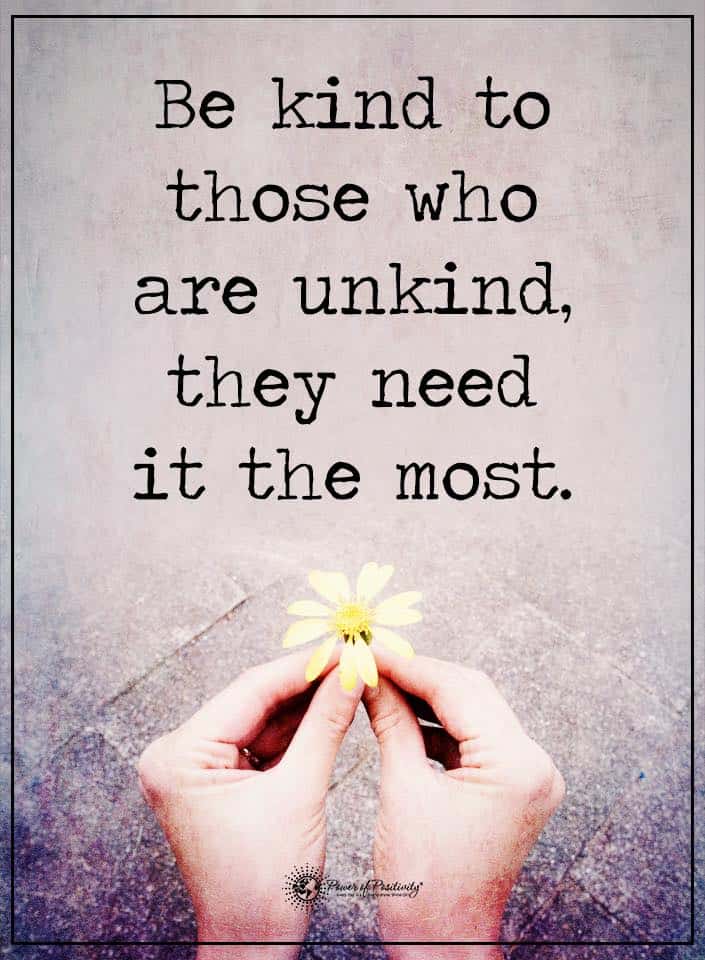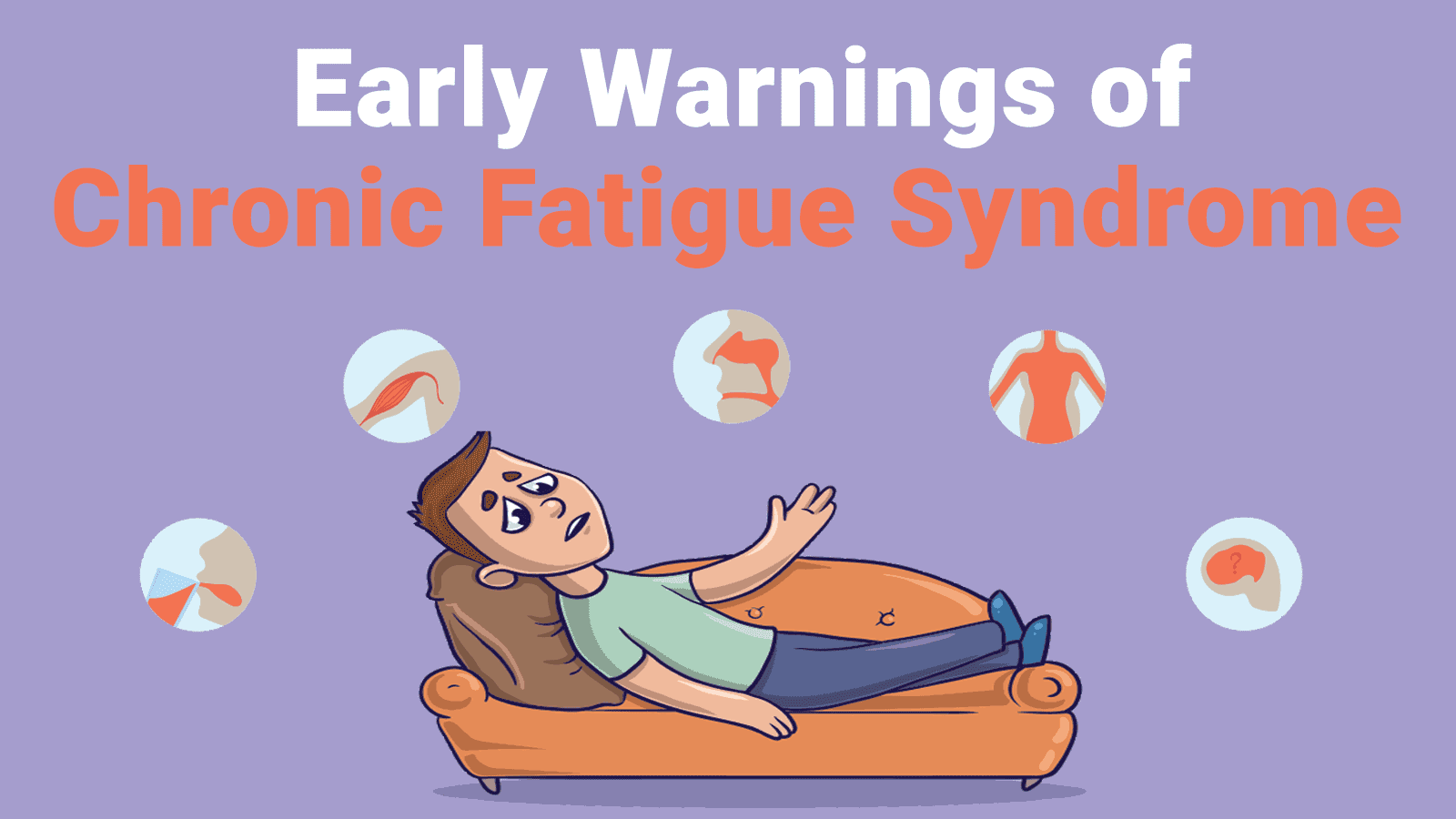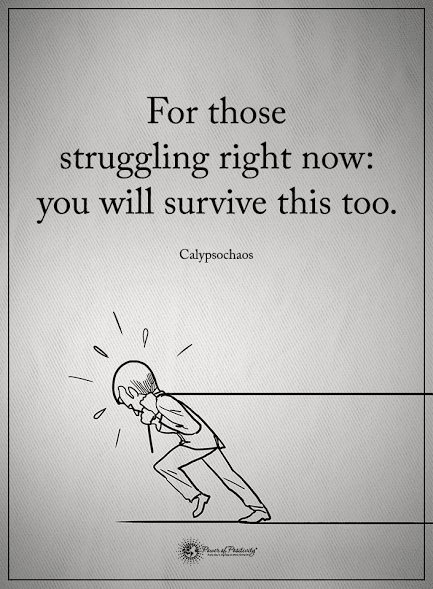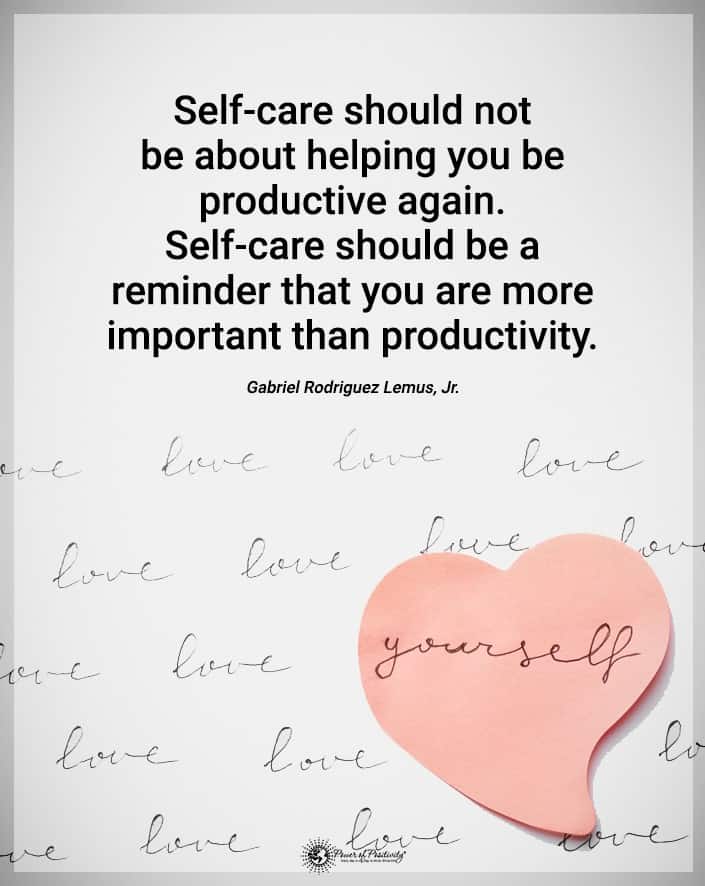For our long-term happiness and success, it is essential that we possess enough self-awareness to know when our actions are negatively affecting our lives. Toxic behavior, if repeated frequently enough, can cause irreparable damage to our life. Besides adversely affecting our lives, toxic habits or behaviors can harm innocent people, including those that love and care for us. We must possess the willpower and fortitude to self-correct these toxic behaviors before further damage is done.
Behaviors and habits of a toxic nature, as you will soon notice, are often of the self-inflicted variety. The positive aspect of all of this is that we have the awareness to understand this harmful behavior. As such, we have the opportunity to do something about them. Here we discuss 10 commonly experienced, toxic habits that you need to avoid (or fix). Doing so will bring more meaningfulness to your life, all while dropping the extra “stress baggage” we’ve been carrying around.
Here are 10 toxic habits that you need to avoid:
“If they do it often, it isn’t a mistake; it’s just their behavior.” – Dr. Steve Maraboli
1. Being envious of others
Being envious of another person robs us of our ability to practice gratitude (i.e. “counting your blessings). Not only is this an immature mindset, but it is also an unnecessary and unproductive one.
Some of us take the word “competitiveness” to a whole other dynamic. It is okay (even beneficial) to be competitive in the right environment. Envying others – in any way, shape, or form – without taking action to better our current circumstances is a personal weakness.
2. Lacking self-control
Buddha once said “The mind is everything. What we think, we become.” When our minds lack self-control, it can be adversely affected in any number of ways.
When we lack emotional self-control, we’ll almost certainly lash out at others who don’t deserve it. When we lack mental self-control, we’ll easily give way to impulses no matter how harmful.
3. Playing the “victim.”
Constant complaining often manifests into a sense of victimization. This victimized outlook can wreak havoc in various areas of life: work, relationships, and the concept of self, among them.
When we make an effort to stop the complaints while refusing to view ourselves as a victim of circumstance, we regain a sense of power. With this power, we realize our innate ability to overcome any situation.
4. Not letting go of pain or loss
Letting go – of any kind of emotion or loss – is among life’s hardest lessons. Though letting go of anything can be tough; it is often the healthiest way forward, as we slowly release negative thoughts and emotions that we’ve held onto tightly for so long.
5. Obsessive negative thinking
A continuously pessimistic mindset is highly toxic in nature. It clouds our judgment, pushes others away, and neutralizes much of the joy one should otherwise experience in life.
We must do whatever is necessary to rid ourselves of this type of mindset. Meditate, practice moment-to-moment mindfulness, or make a daily gratitude list.
6. Taking things too personally
The simple fact is that we live in a world that is often cruel and unforgiving. Here’s a truth that’s somehow eluded most of us: what others say and do about/to us is an accurate reflection upon them, not us.
People take things too personally to a toxic level. This happens when they believe others are in “attack mode,” and they’re the target.
Which brings us to…
7. Being judgmental (one of the worst of the toxic habits)
Thinking superficially judgmental thoughts, about anyone, is always a toxic behavior. These thoughts are often unsubstantiated and are almost always an indication of a problem within ourselves. Furthermore, being judgmental drains energy and invokes negative thought patterns.
8. Being cruel to anyone or anything
Cruelty is one of the biggest problems that humanity faces. When humans are cruel, we demonstrate a lack of empathy, respect, and compassion for others. As with many other items on this list, displaying cruel behavior is usually a manifestation of one’s own inner conflicts.
For ourselves, should we discover that we’re acting harsh – in any way, shape or form – we need to “pump the brakes” and regain our sense of compassion. This often means taking a few deep breaths or walking away from the situation.
9. Acting immorally because you can get away with it
Call it cheating, deception, or dishonesty; acting in any way immoral knowing you can get away with it is a toxic behavior. In almost every circumstance, when one chooses to act immorally, another person is susceptible to being hurt.
We all face temptations to which we either deny or give in to. It is up to us to act honestly and with good intentions.
10. Creating a false persona
When we make an attempt to hide part or all of our true selves, we engage in deception. To compensate for any perceived flaws, many people will create a false persona (or “alter ego”).
The problem is that this false portrayal threatens our relationships and further disconnects us from who we truly are. If one is “found out,” they will quickly find themselves on an island.
Every human being has things they want to improve – and such desires and good habits are often admirable.
We needn’t “replace” ourselves. We just need to work on ourselves to the best of our ability.







 5. Waking between 5 and 7 AM
5. Waking between 5 and 7 AM


